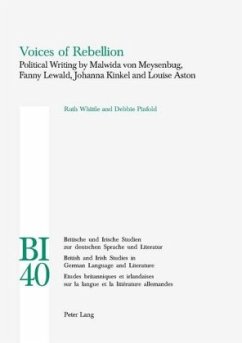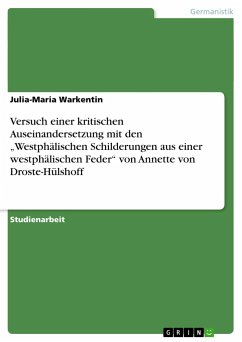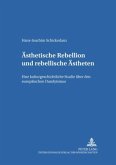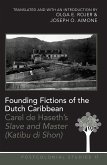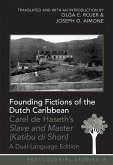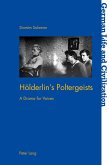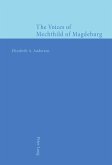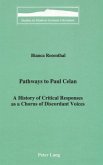The German Revolution of 1848-49 offered a significant literary opportunity for all those interested in politics in general and the progress of women in society in particular. This book explores the work of a number of women who took up the challenge of breaking into the decidedly male preserve of political writing in this period. The focus is on women with very different concerns: Malwida von Meysenbug, the aristocrat who supported the democratic cause, the assimilated Jew Fanny Lewald; the housewife, musician, composer and teacher Johanna Kinkel; and the radical feminist Louise Aston. The work examines the strategies these women employed to negotiate potentially explosive issues such as the politics of the day, class, religion and gender, as well as the way traditional images like the father-child relationship are exploited to express new thoughts. Using a combination of close textual reading and thematically based analysis the book illuminates the authors' individual works andexplores underlying issues that are common to all.
Bitte wählen Sie Ihr Anliegen aus.
Rechnungen
Retourenschein anfordern
Bestellstatus
Storno

